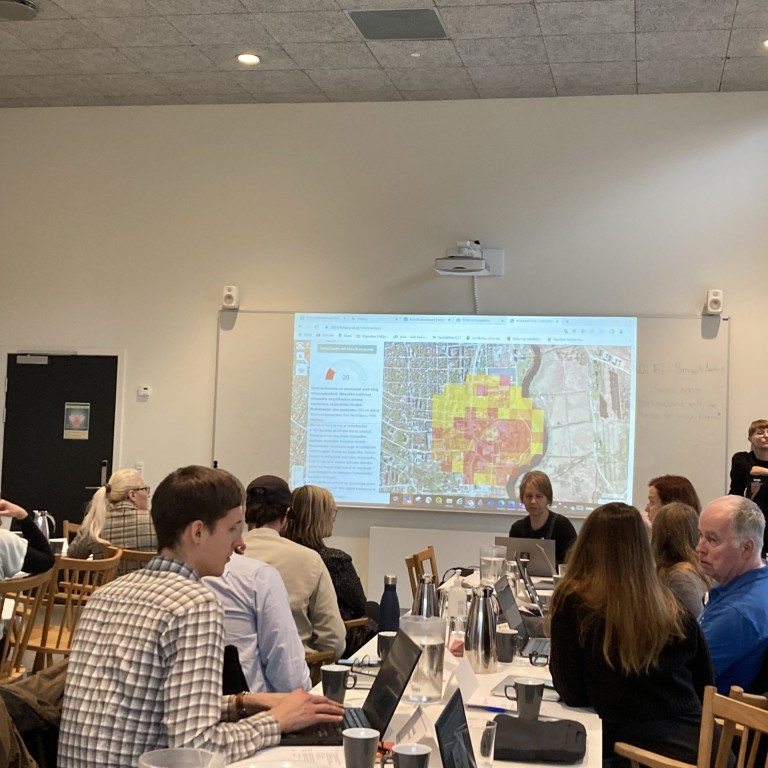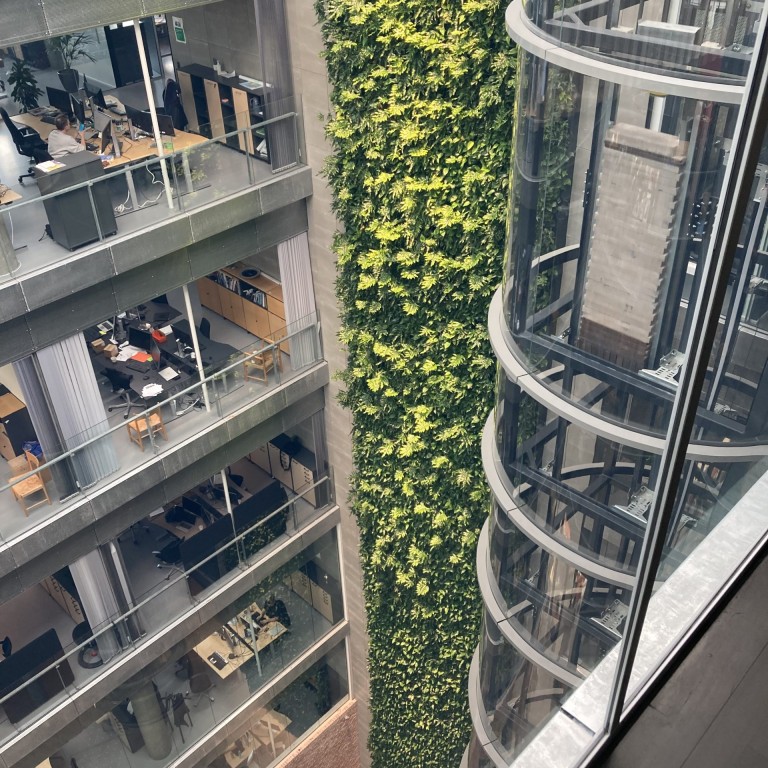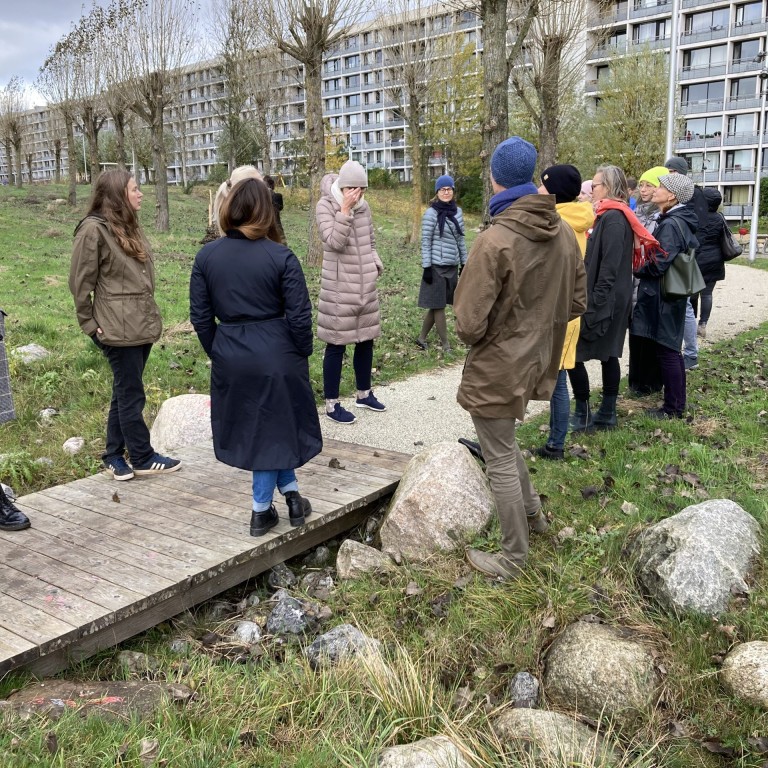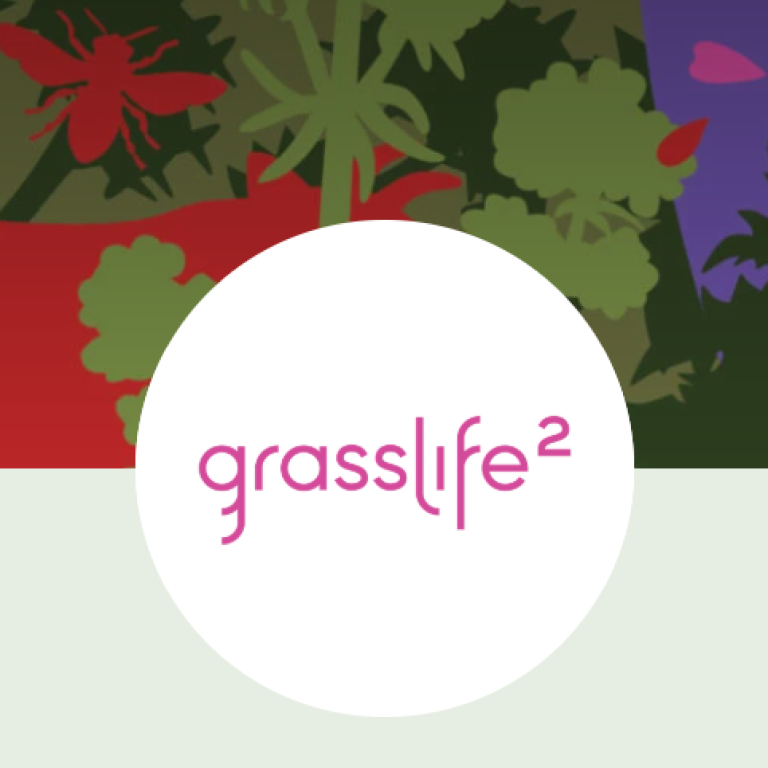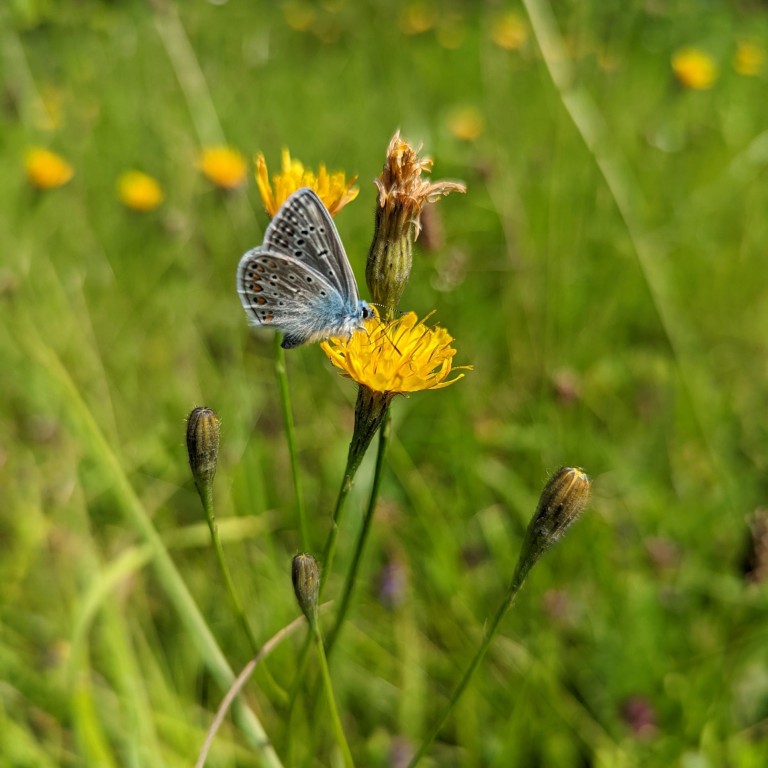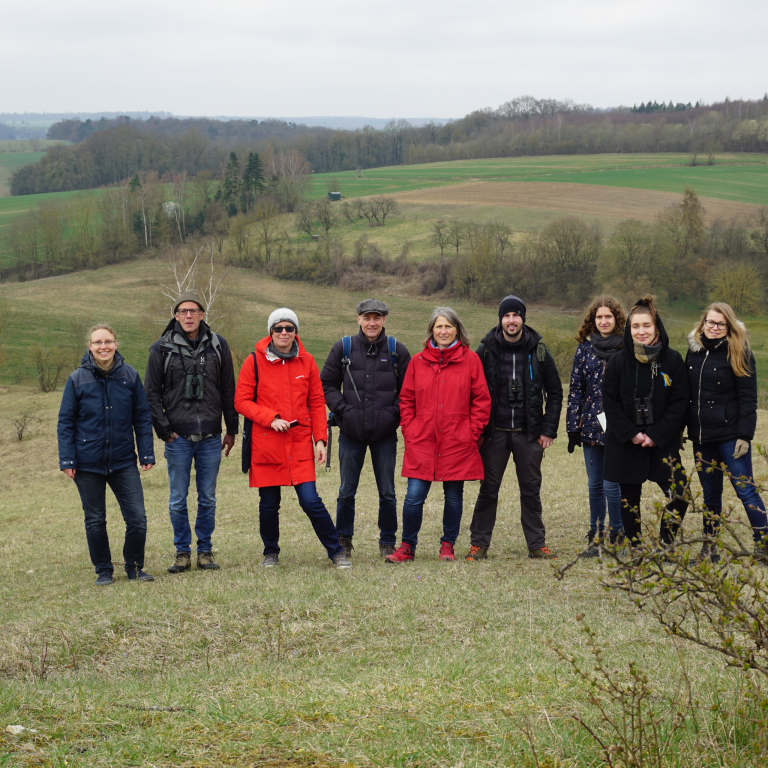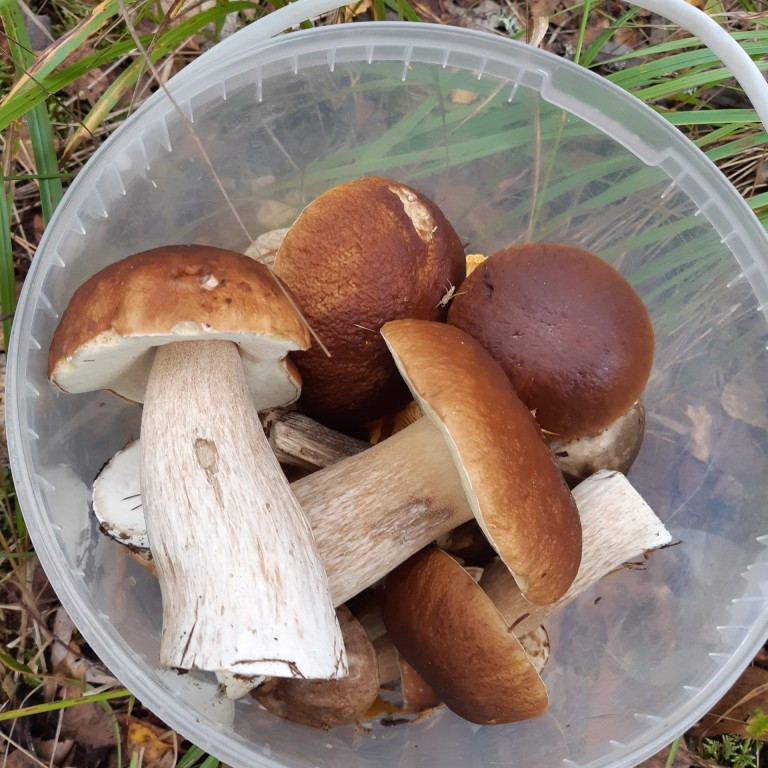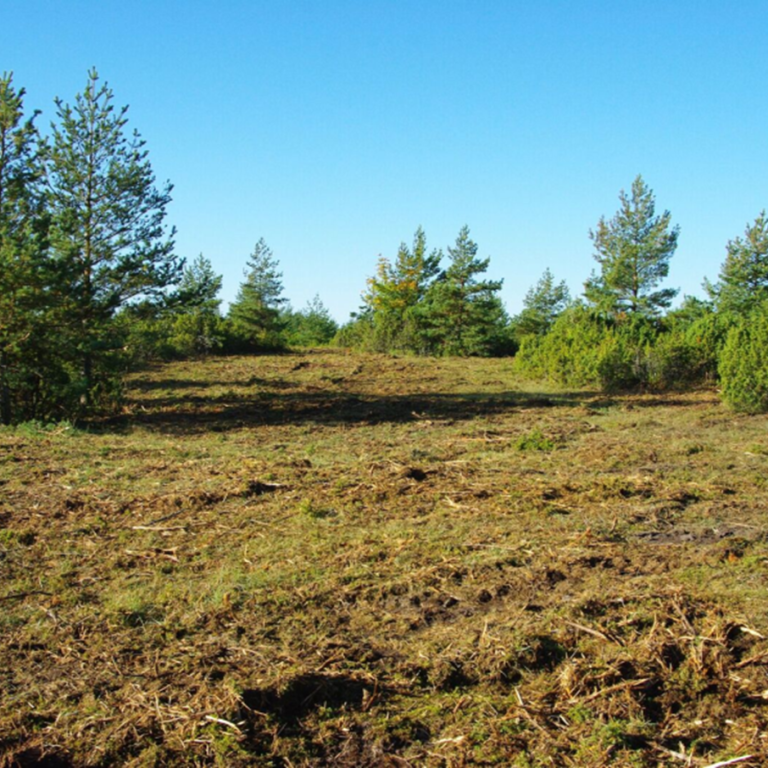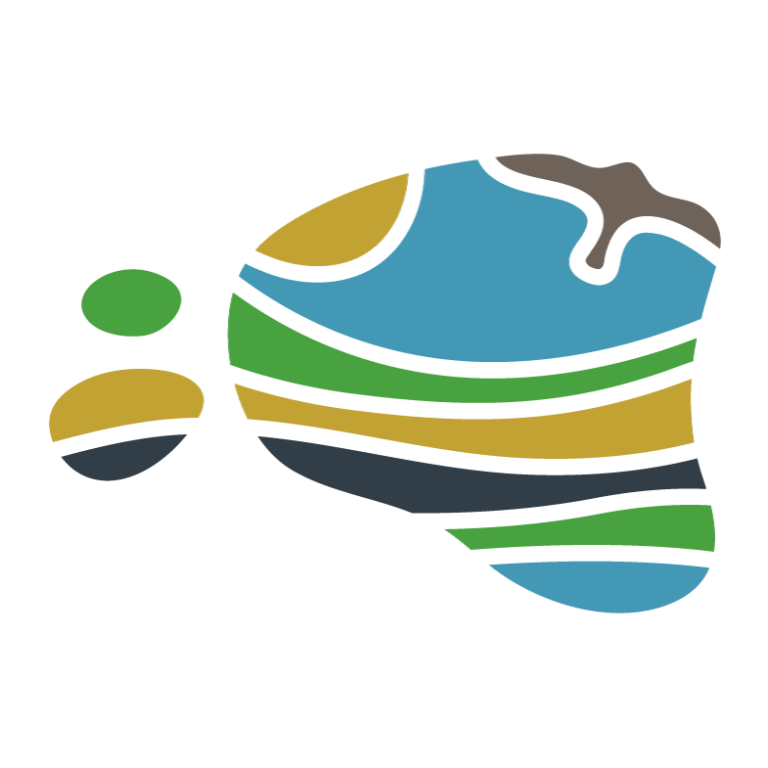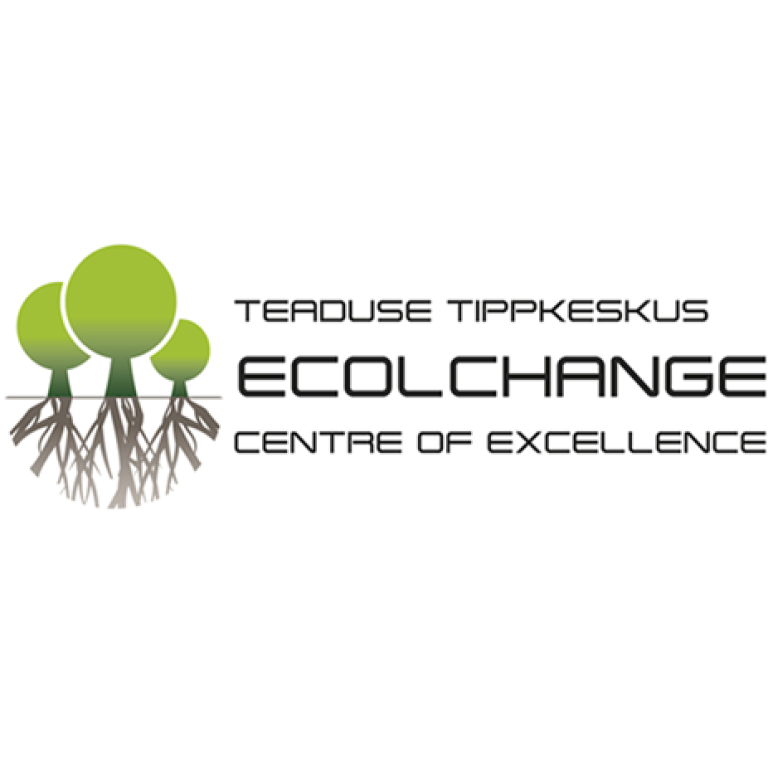Introducing adaptive community based biodiversity management in urban areas for improved connectivity and ecosystem health (urbanLIFEcircles)
Duration: 2022-2027
The urbanLIFEcircles project demonstrates a systematic approach for how to lead a biodiversity-oriented change in urban nature management. It brings together a consortium of lighthouse cities Tartu (EE), Aarhus (DK) and Riga (LV), with the aim of improving city wide biodiversity management for restored connectivity and improved ecosystem health. We plan to improve the support for biodiversity in these cities through habitat restoration and increased citizen awareness. Additional support for urban biodiversity comes from the governance level, by setting up necessary strategic approach and integrating biodiversity goals to practical procedures. We envision a continuous interconnected wildlife habitat in each city that starts from peri-urban nature reserves and reaches throughout the cities, connected through green corridors and a network of high-nature value connectivity “stepping stones”. In this vision, urban citizens are seen as part of the urban ecosystem, participating in restoration activities and benefitting from ecosystem services offered by these “urban LIFE circles”. We have set ambitious objectives to achieve this by: (I) engaging communities in cities to actively participate in conservation; (II) assisting businesses towards developing necessary products & services supporting biodiversity in cities; (III) establishing synergies for biodiversity-oriented governance and management; (IV) deploying science-based methods for the adaptive management. All this builds a sufficient baseline, so it is possible to (V) demonstrate with concrete actions and practical examples that the system change for biodiversity is possible in cities. We plan to build on existing best practices on both urban biodiversity conservation as well as participatory urban governance. Our cities have varying challenges and different capacity in biodiversity matters, making the solutions we develop, demonstrate and propose applicable in most urban areas in Europe.
Project participants: Aveliina Helm, Elisabeth Prangel, Polina Degtjarenko, Oliver Kalda, Liis Kasari-Toussaint
Funding: Environmental Investment Center, European Commission
Project description in ETIS.
